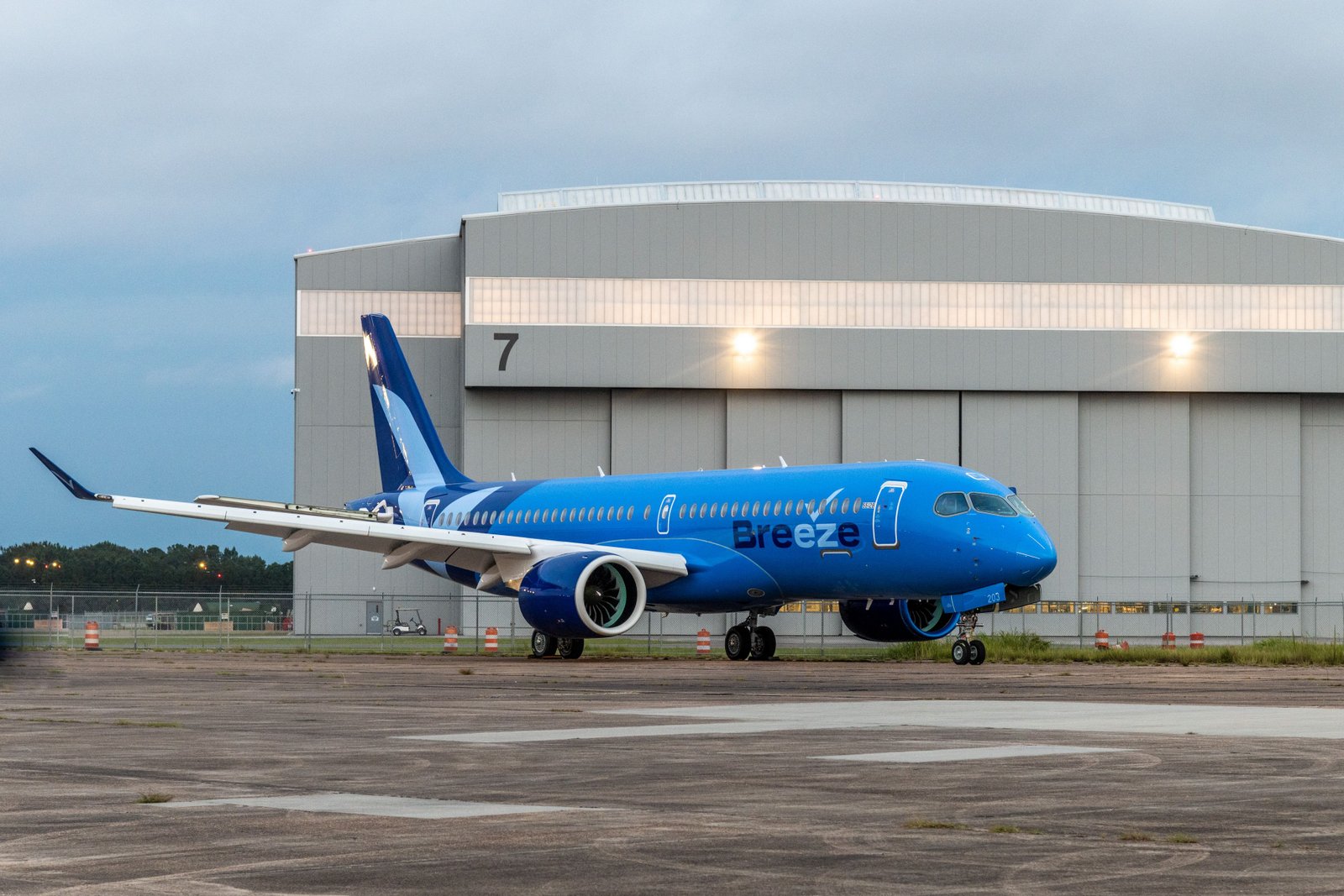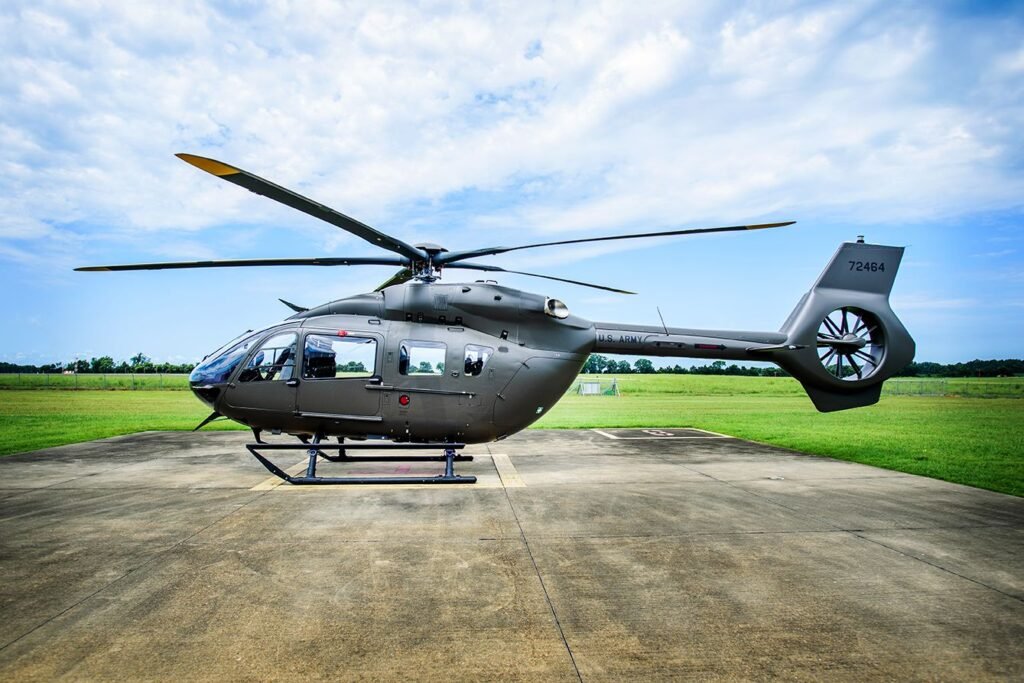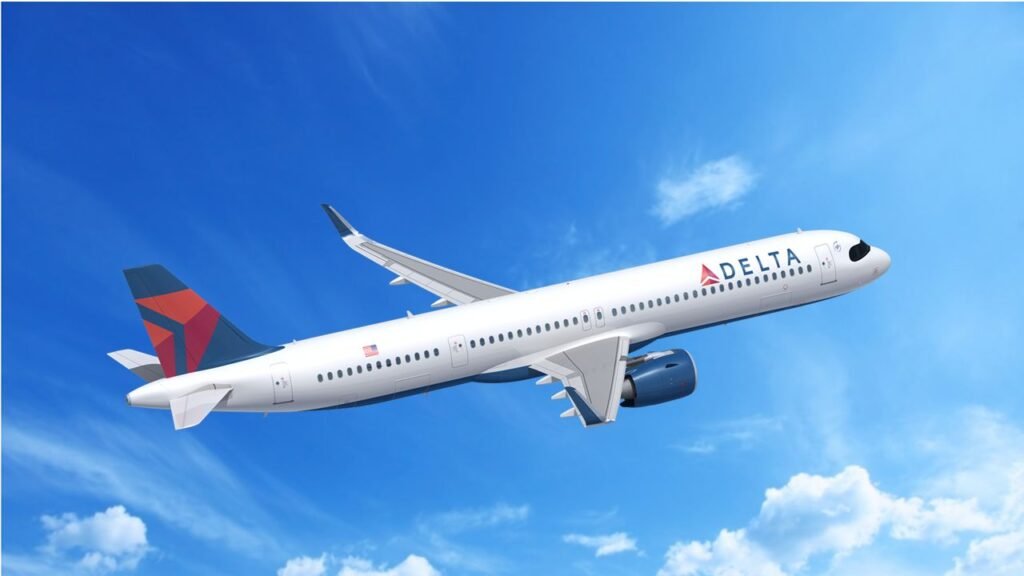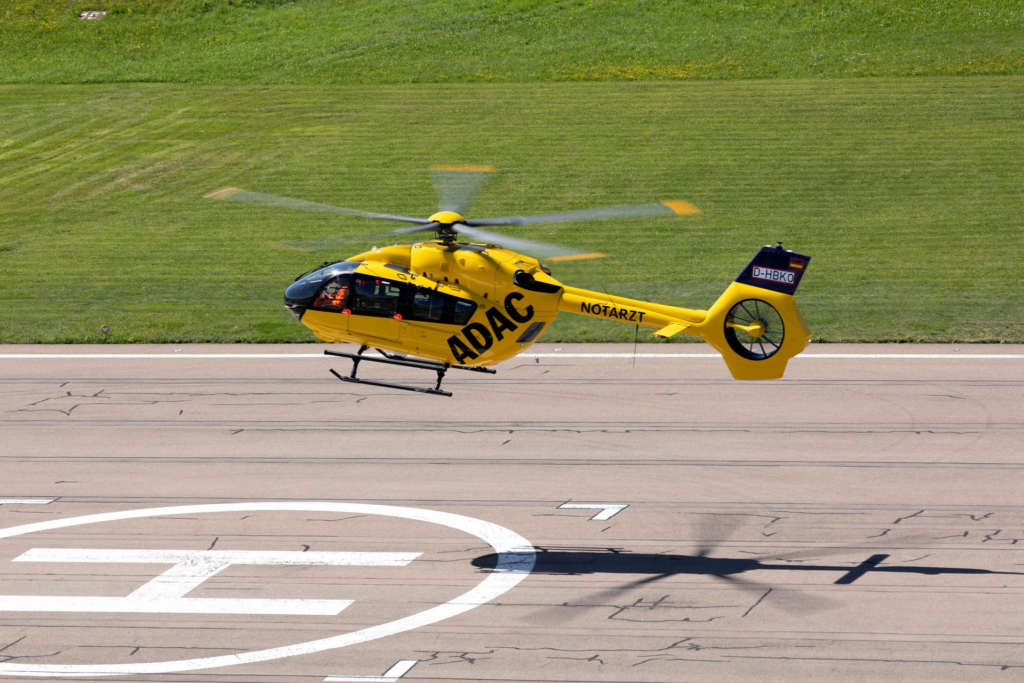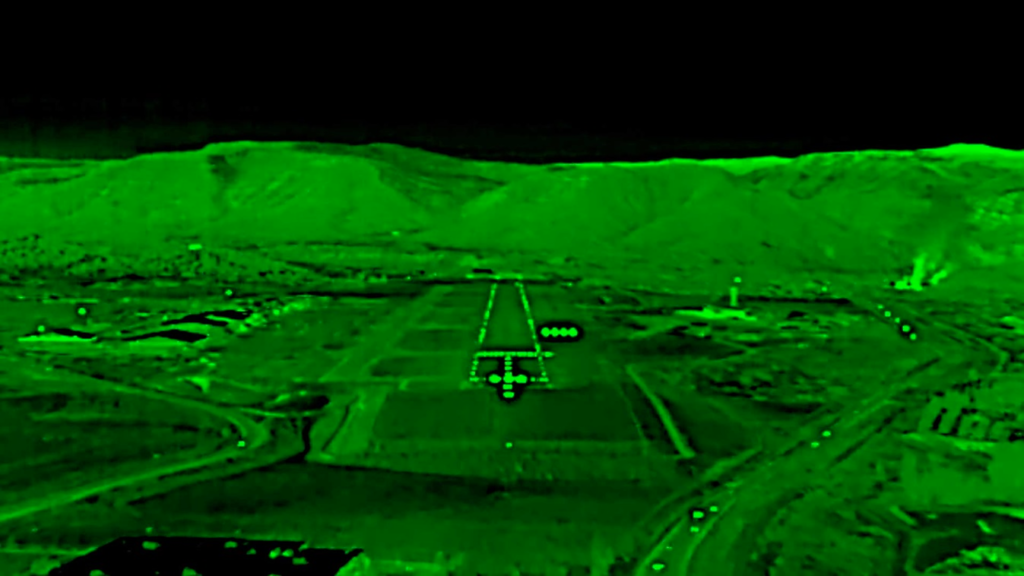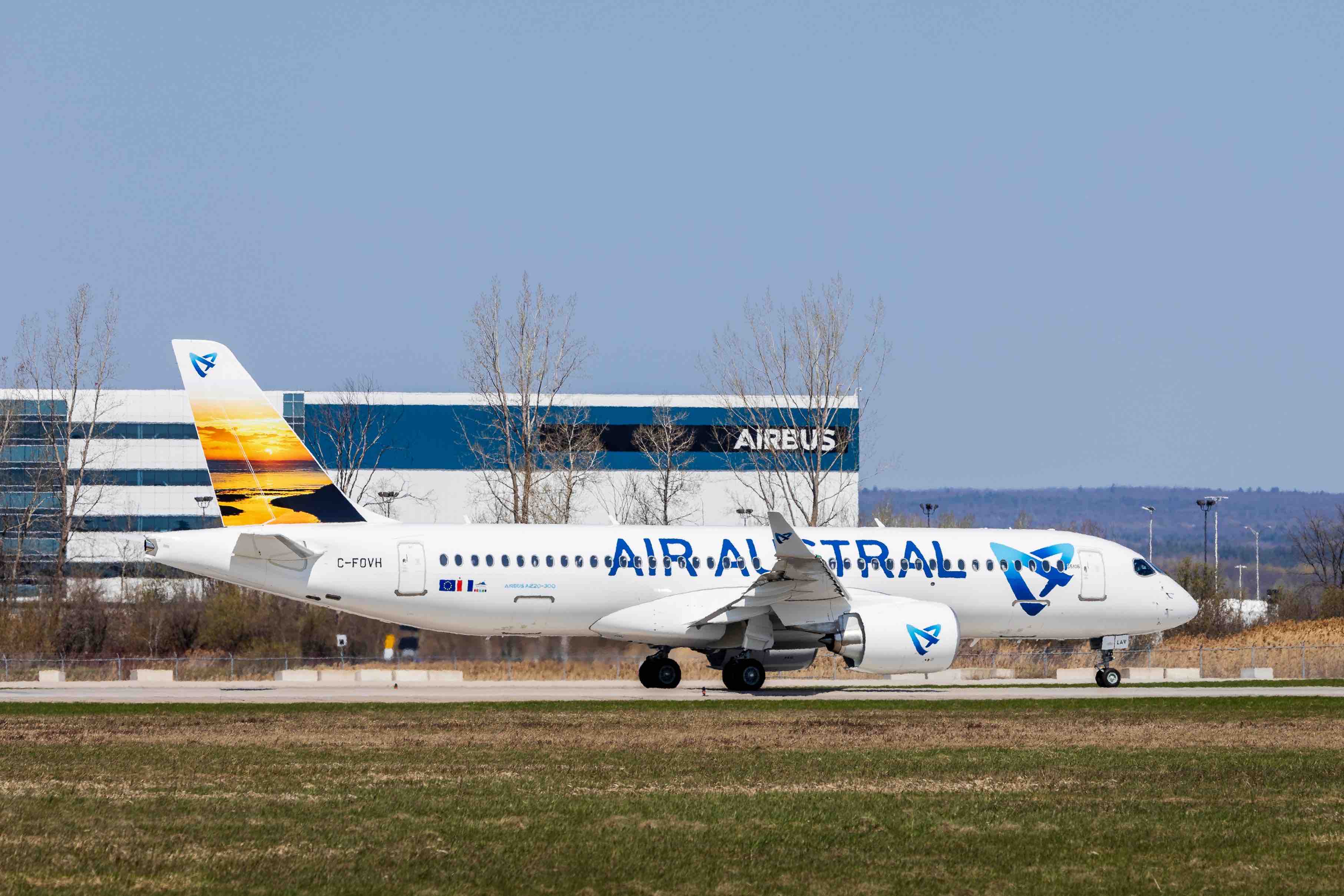Breeze Airways Reveals Livery, Confirms Order for 20 Additional A220-300 Aircraft
Mobile, Alabama, 13 September 2021 – Breeze Airways has revealed its new A220-300 livery, while confirming that it has reached a purchase agreement with Airbus for 20 more of the aircraft. This previously undisclosed order for…
